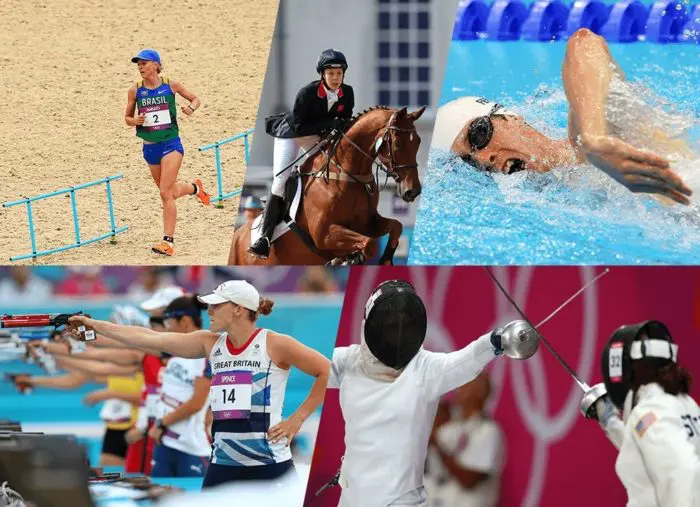It’s often assumed that finswimming has the best chance of becoming the first underwater sport in the Olympics. This can never happen, for apnea already got there first.
In 1900, the Paris Games included apnea/freediving, which was then known as “underwater swimming”. The competition gave the competitors one point for each second underwater and two points for each meter swum.

Charles Devendeville (France), André Six (France) and Peder Lykkeberg (Denmark) took Gold, Silver, and Bronze respectively. They were the first and only Olympic medal winners in competitive apnea. Lykkeberg held the pre-CMAS, pre-AIDA world record in underwater dynamic without fins. His official best was 80 meters. Despite being the best freediver, he failed to swim in a straight line in Paris and ended up in third place.
Arguably, certain sports exist solely because they are part of the Olympic program. Although one can debate how much inclusion in the Olympics affects the relative popularity of some sports, it is nearly impossible to imagine the modern Pentathlon surviving at all outside of the Olympics. Who would have the funding to train at 5 different sports without state support?

The Olympic dreams of CMAS executives may not be identical to the dreams of CMAS athletes
CMAS is a member of the Association of International Olympic Committee Recognised International Sports Federations (ARISF). To reach the Olympics a sport must graduate from ARISF. Except for the Paris Olympics of 1900, no games has ever included underwater sports. In modern times the underwater sports governing body CMAS has thus far lobbied unsuccessfully to have finswimming become an Olympic sport. The International Olympic Committee selected other sports – Baseball/Softball, Karate, Skateboarding, Sports Climbing and Surfing – to be included in the 2020 Tokyo Olympic Games.
Finswimming has made it into the program of the 2017 Wroclaw World Games. Looking at the list of sports one can see that it is extensive.
Currently, the ARISF counts 35 International Sports Federations. ARISF includes the following Federations: Air Sports, American Football, Automobile, Bandy, Baseball-Softball, Basque Pelota, Billiards Sports, Boules Sports, Bowling, Bridge, Chess, Climbing Mountaineering, Cricket, Dance Sport, Floorball, Flying Disc, Karate, Korfball, Life Saving, Motorcycling, Netball, Orienteering, Polo, Powerboating, Racquetball, Roller Sports, Ski Mountaineering, Sport Climbing, Squash, Sumo, Surfing, Tug of War, Underwater, Waterski-Wakeboard, Wushu.
Why Air Sports should have three separate disciplines – Parachuting /Canopy Piloting, Glider Aerobatics, and Paramotoring – while underwater sports have only one, finswimming, is unclear. Several umbrella federations have multiple sports. Billiards has Pool (9-Ball), Carom (3-Cushion) and Snooker. Dance Sport has Latin, Rock’n’Roll, and Salsa.
Couldn’t CMAS has have proposed three sports as well?


